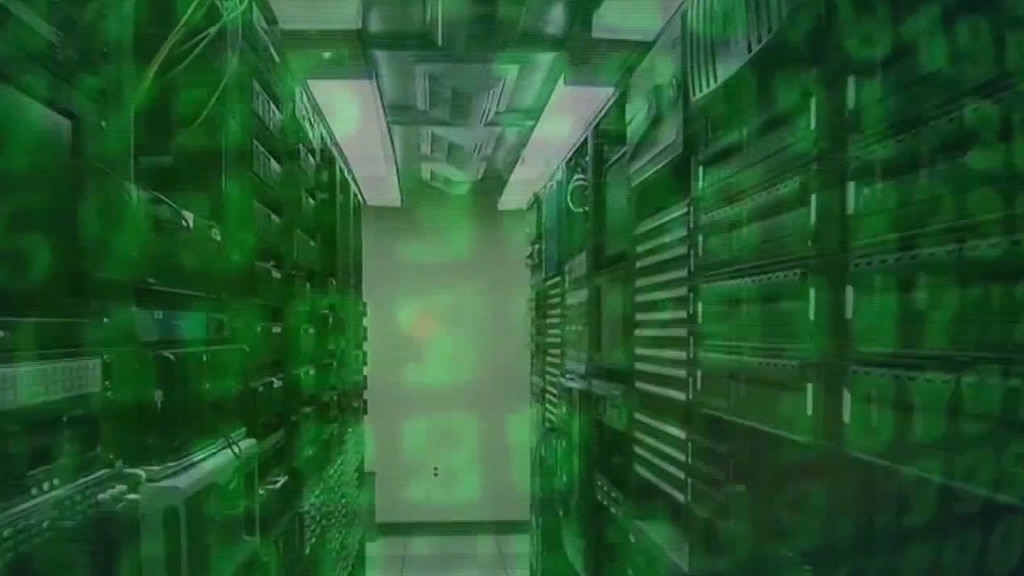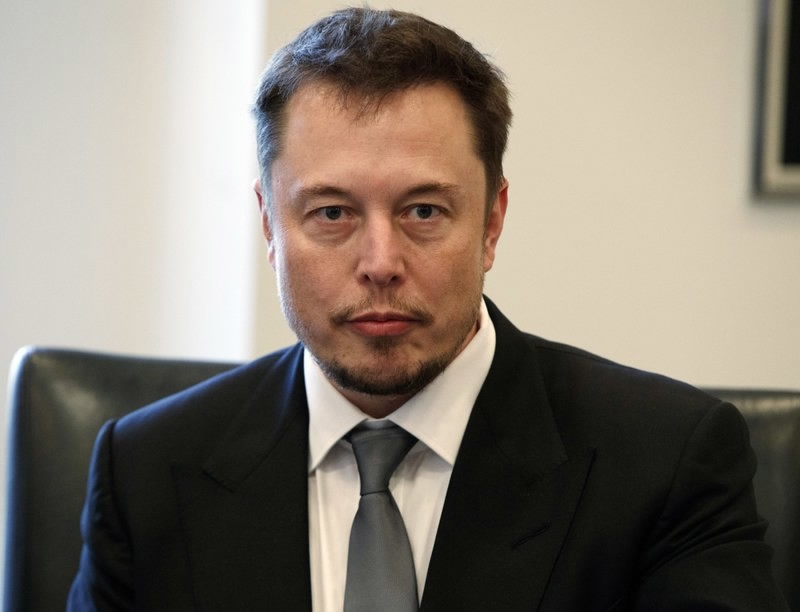
AI
10:57, 28-Sep-2017
Critics concerned that AI advances could wipeout mankind
By Phil Lavelle

Tesla’s Elon Musk believes artificial intelligent (AI) could start World War III. In the past, he’s said mankind is summoning a demon with its pursuit of AI. Astrophysicist Stephen Hawking said AI could spell the end of the human race. Even Russia’s President Putin says whoever leads in AI “could rule the world.”
Other experts call those concerns melodramatic.
“We have people at Berkeley who have been working on the grasping problem of picking up an item for 30 years,” Mark Nitzberg of the University of California Berkeley Center for Human-Compatible AI said. “And it’s just coming around the corner. So if we’re still working on getting a robot to pick up an object, a wineglass without breaking it, I think that feels like it’s still far off.”
AI is growing up and making mistakes in the public eye, including a farcical-like robot making a break for freedom to the ridiculous, such as an argument between a couple of Google Home Assistants. They also include self-driving cars running a red light or humans persuading a chatbot like Microsoft’s ‘Tay’ to promote genocide, racism and Nazis.

Tesla’s Elon Musk believes artificial intelligent (AI) could start World War III. /AP Photo
Tesla’s Elon Musk believes artificial intelligent (AI) could start World War III. /AP Photo
But also remember, AI is already all around us, blending into the background. We don’t notice it half of the time and a lot of people here are very excited about its potential.
“Just think about autonomous vehicles which use a fair amount of AI and will use more and more as they become more successful,” said Love. “You take the human problem out of the car transportation and how many lives are saved.
This is just the next evolution of computers,” said Kylie.ai Co-Founder Jamasen Rodriguez. “This is going to be the next Internet.”
“AI is all about understanding data,” said Rodriguez. “It can deduce patterns and figure things out that it would take humans quite a while to do.” He went on to say, “The term AI is a moving target. AI, in the 80s, was a computer that could do multiplication. In the 90s, it was perhaps the Internet. Today, it’s autonomous cars and conversational chatbots. But it won’t be able to take over the world or anything like that.”
Mark Nitzberg of the Center for Human-Compatible AI at the University of California Berkeley argued those concerns are considered very, very far off.
A lot of tech companies feel they’re genuinely doing something that will change the world. They have a strong sense of optimism. And naturally, they all want to be first.
The question is: Will that race lead to naivete or even complacency? And if it does, will AI’s makers be able to reign it back in?

SITEMAP
Copyright © 2018 CGTN. Beijing ICP prepared NO.16065310-3
Copyright © 2018 CGTN. Beijing ICP prepared NO.16065310-3